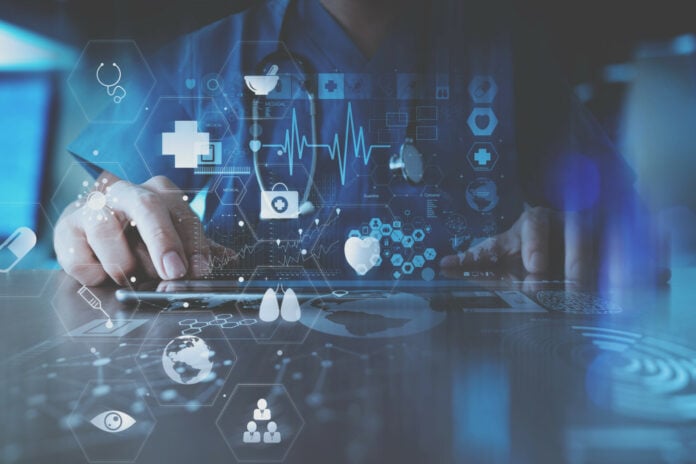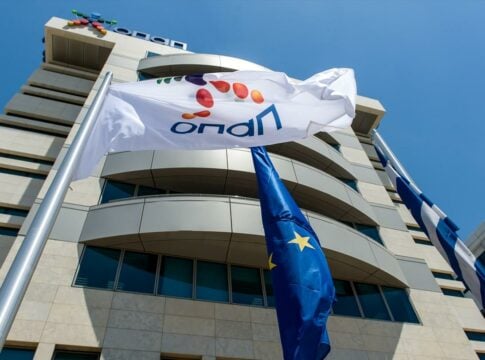Human-centered digital health is transforming the way health services are offered and accessed.
It connects medical equipment, digital applications, “wearable” devices, databases and information systems, offering upgraded health services to citizens, with personalization, comfort and immediacy as main characteristics. Investments in technology, data and infrastructure, combined with the development of innovation in the field of medical sciences (Medtech), are radically transforming the landscape in the sector, but also in national health systems, opening new roads for citizens’ direct and seamless access to health services according to their needs.
Digital health data also allows for the improvement of policy decisions, upgrades the quality of services and promotes scientific research and innovation.
The Hellenic Federation of Enterprise (SEV) Observatory for Digital Transformation prepared this study in order to highlight the benefits of digital transformation in the health sector for citizens and public administration, and the opportunities that arise for creating value in the economy, but also in society in four main pillars.
Telemedicine services can bring a series of benefits for patients and health systems such as: 23% more effective emergency treatment, 70% lower costs of providing services, 17.7% fewer hospital days per patient, and 4.8% fewer hospitalizations per 1,000 patients. They also facilitate the access of citizens to the health system with difficulty in physical presence, improve medical care and upgrade the quality of life. Already, 9 out of 10 citizens worldwide are satisfied with tele-appointment services with doctors.
The use of tools such as health apps and digital therapeutics offers 40% more accuracy and savings of 50 billion euros a year in European health systems through early diagnosis, allowing patients and their carers to manage themselves, improving quality of life of their patients, reducing hospital admissions and shortening the length of hospitalization.
However, their use in Greece is limited. Therefore, the development of a new regulatory framework is proposed, which, among other things, establishes a mechanism for evaluating and compensating these tools, so that the market can expand faster.
Offering citizens personalized and more accurate diagnosis and treatment. In addition, it boosts research & innovation in health sciences, while every 1 million euro investment in a health data center of excellence directly contributes 956 thousand euros to the country’s GDP.














